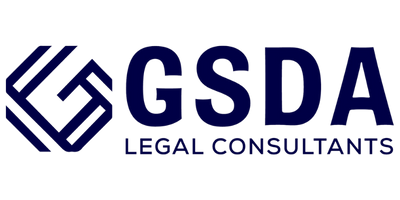Moving to Regulate Virtual Assets
Moving to Regulate Virtual Assets
As virtual assets continue to gain popularity and global recognition, the need for regulation of the digital currency market has become increasingly urgent. A virtual asset is a digital representation of value that can be used for payment, investment, or other purposes. Bitcoin, for example, is a type of virtual asset that can be used to buy goods and services online or be traded for other virtual or traditional currencies.
Although virtual assets offer many advantages, they also present risks such as fraud, money laundering, and terrorist financing. To address these concerns, regulatory bodies around the world are beginning to develop frameworks for regulating virtual assets.
In France, for example, the PACTE Law (Plan d'Action pour la Croissance et la Transformation des Entreprises) introduced a regulatory framework for initial coin offerings (ICOs), a popular way of raising funds using virtual assets. The law requires ICO issuers to provide investors with a detailed prospectus and comply with strict disclosure requirements.
Similarly, the Financial Action Task Force (FATF), an intergovernmental organization that develops policies to combat money laundering and terrorist financing, has issued guidance for regulating virtual assets. The guidance outlines recommendations for countries to implement anti-money laundering and counter-terrorist financing measures that apply to virtual asset service providers (VASPs), including exchanges, wallet providers, and other intermediaries.
In the United States, the Securities and Exchange Commission (SEC) has been active in regulating virtual assets. The SEC has issued guidance stating that many virtual assets are securities and subject to federal securities laws. This means that companies issuing virtual assets must comply with securities registration and disclosure requirements.
As virtual assets continue to grow in popularity, it is clear that regulatory bodies will continue to develop and refine frameworks for their regulation. This will help protect investors and prevent illicit activities while also promoting the growth and development of the virtual asset market.
At GSDA, we stay up-to-date on regulatory developments in the virtual asset market to provide our clients with the best possible legal advice. Our team of lawyers has the knowledge and expertise to help clients navigate the complex regulatory landscape of virtual assets. Contact us today to learn more.











